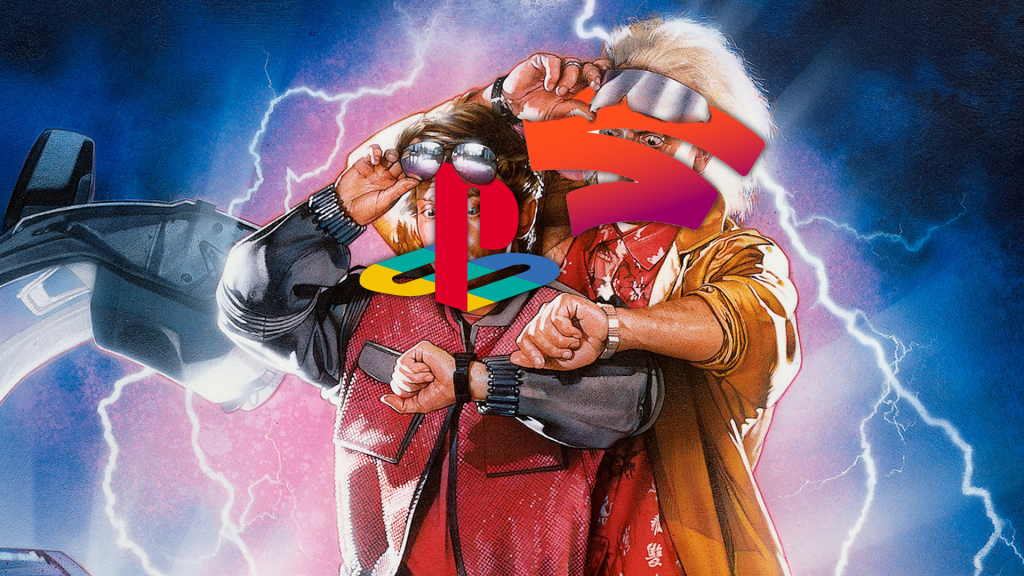After much speculation about what Google would be doing to change the face of gaming, we know have a much clearer picture of what that upheaval looks like: Google Stadia. Touted as a platform free of traditional boxes, Google Stadia allows you to play games instantly on nearly any screen, with all of the processing power being done by Google datacenters. Given that the…








